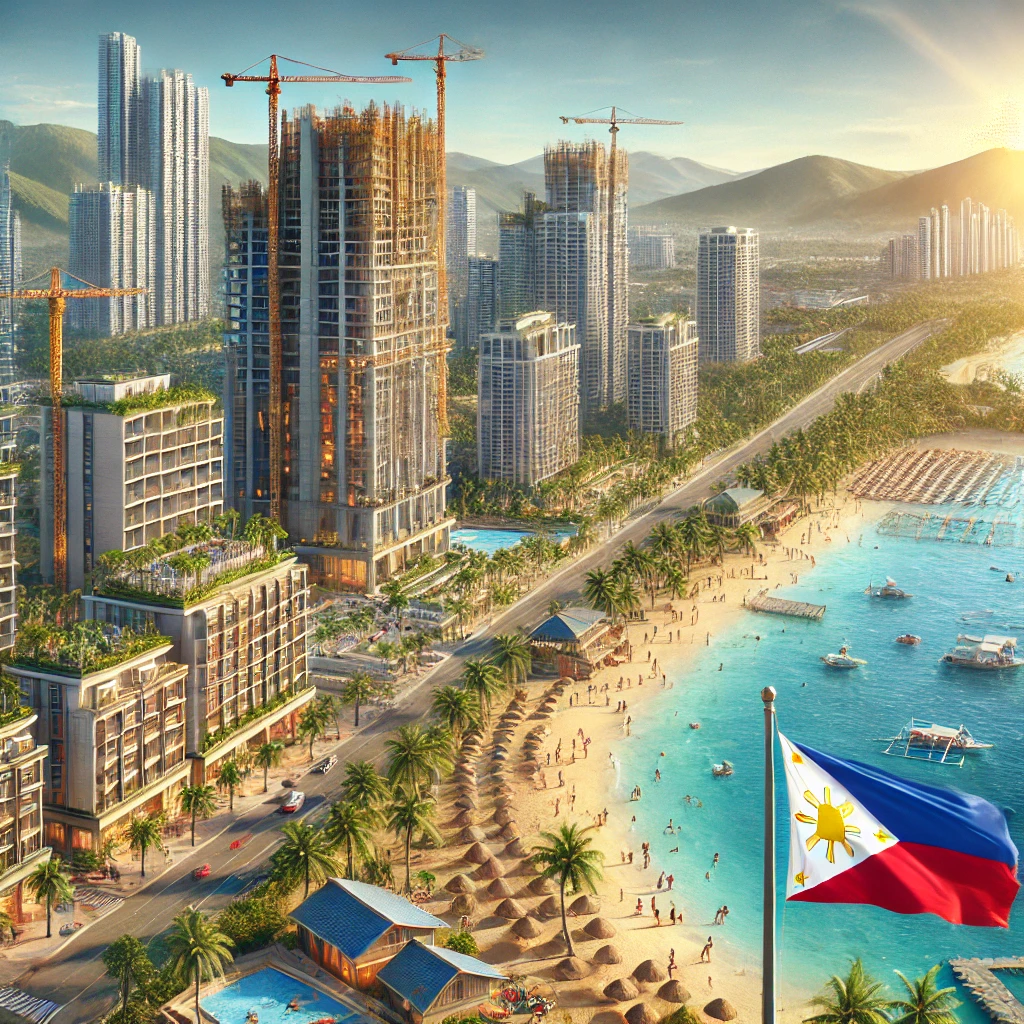
The Philippines is on a mission to grow its hotel industry in a way that goes beyond just adding rooms—it’s about transforming the entire tourism experience. With plans to increase the hotel supply by 120,000 rooms, the country aims to reach over 456,000 rooms by 2028. This expansion aligns with the government’s strategic efforts to support a flourishing tourism industry, positioning the Philippines as a premier destination in Asia.
Making Room for Growth: What’s Driving the Expansion?
This project isn’t just about numbers. The Philippines is investing in both luxury resorts and budget accommodations, making the destination accessible and appealing to a broader range of travelers. Over recent years, the country has experienced a steady increase in tourist arrivals, drawn by its natural beauty, vibrant culture, and rich history. To meet the growing demand, the government and private developers are working together to enhance the nation’s hospitality infrastructure, with an emphasis on sustainability and local culture.
To drive this growth, the Philippines Department of Tourism has collaborated with both local and international developers to create a seamless visitor experience. Major hubs like Manila, Cebu, and Boracay will see a range of new hotels, each reflecting the local culture and landscape. Whether it’s beachside villas on the islands or business-friendly hotels in urban areas, travelers can expect tailored options that provide comfort and authenticity.

A Boost to the Local Economy and Environmentally Sustainable Tourism
For the Philippines, the expansion goes beyond tourism—it’s an economic opportunity. The construction and operation of these hotels are projected to generate thousands of jobs, from initial construction to hotel staffing and management. Moreover, this development will support local businesses, from suppliers and contractors to tour operators, creating a ripple effect of economic benefits.
Environmental sustainability also plays a significant role in these new developments. Several hotels are implementing green technology, water conservation, and energy-efficient practices. Resorts near sensitive marine environments, like coral reefs, are taking extra steps to ensure that tourism growth aligns with ecosystem preservation. By focusing on eco-friendly practices, the Philippines is setting an example for responsible tourism.
Why This Matters
It’s not only a game-changer for travelers but also for local businesses. “With all these hotels, the local economy will get a real boost,” says Carlos, an economist. “Jobs in construction, hotel management, and local tours mean more income for communities.”
Maria chimes in, “We’re focusing on sustainable practices too, like eco-friendly resorts in our island regions. Imagine staying in a stunning resort while knowing you’re helping preserve marine life—travelers love that!”


 Content Writer: Janice Chew • Friday, 24/11/2024 - 00:45:05 - AM
Content Writer: Janice Chew • Friday, 24/11/2024 - 00:45:05 - AM